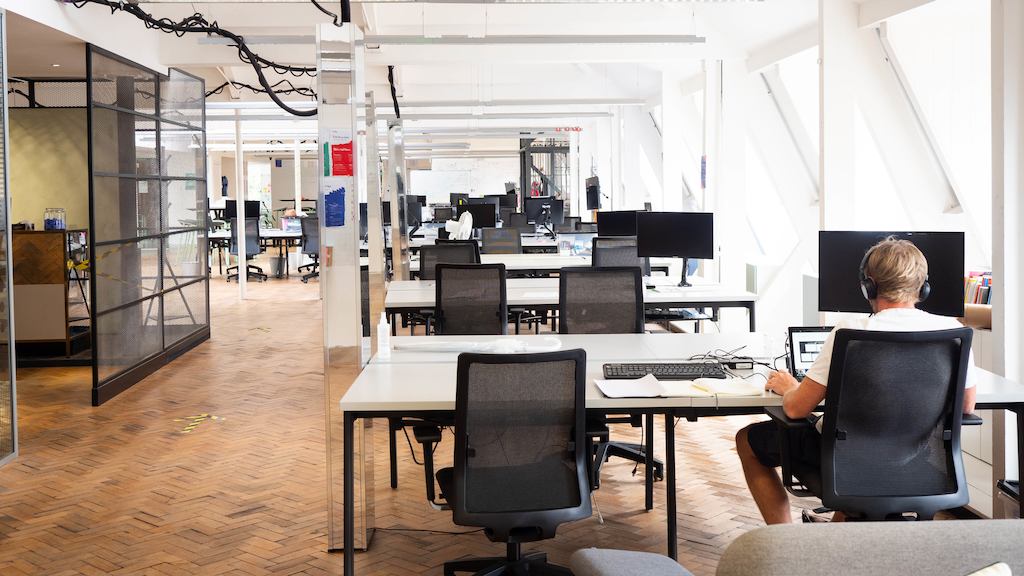A new pilot project to support older workers at risk of redundancy in the fallout from the COVID-19 crisis will start work in the West Midlands after securing funding from Barclays.
With many workers facing redundancy in the wake of lockdown, there are fears that older workers could be hit hard by job losses and struggle to find re-employment. Recent research by the Centre for Ageing Better and the Learning and Work Institute warned of a long-term unemployment crisis for older workers, with the number of over 50s seeking unemployment related benefits doubling during the lockdown.
The project, which is being carried out by Ageing Better, will test different ways to support over 50s who are facing redundancy or who have recently been made redundant. It will focus on helping those people to retrain in order to continue working for longer.
Currently, access to redundancy support varies widely depending on the scale of the redundancy and the willingness or ability of the employer to buy in support. Inequalities are rife, with those most in need of training often not receiving it. This includes low and medium skilled workers, who often face the greatest risk of job loss.
For those who do have access to skills and training services, the Centre for Ageing Better’s research has highlighted the fact that mainstream offers are often not well suited to older workers’ needs. There is also limited information on the effectiveness of these services for older workers.

